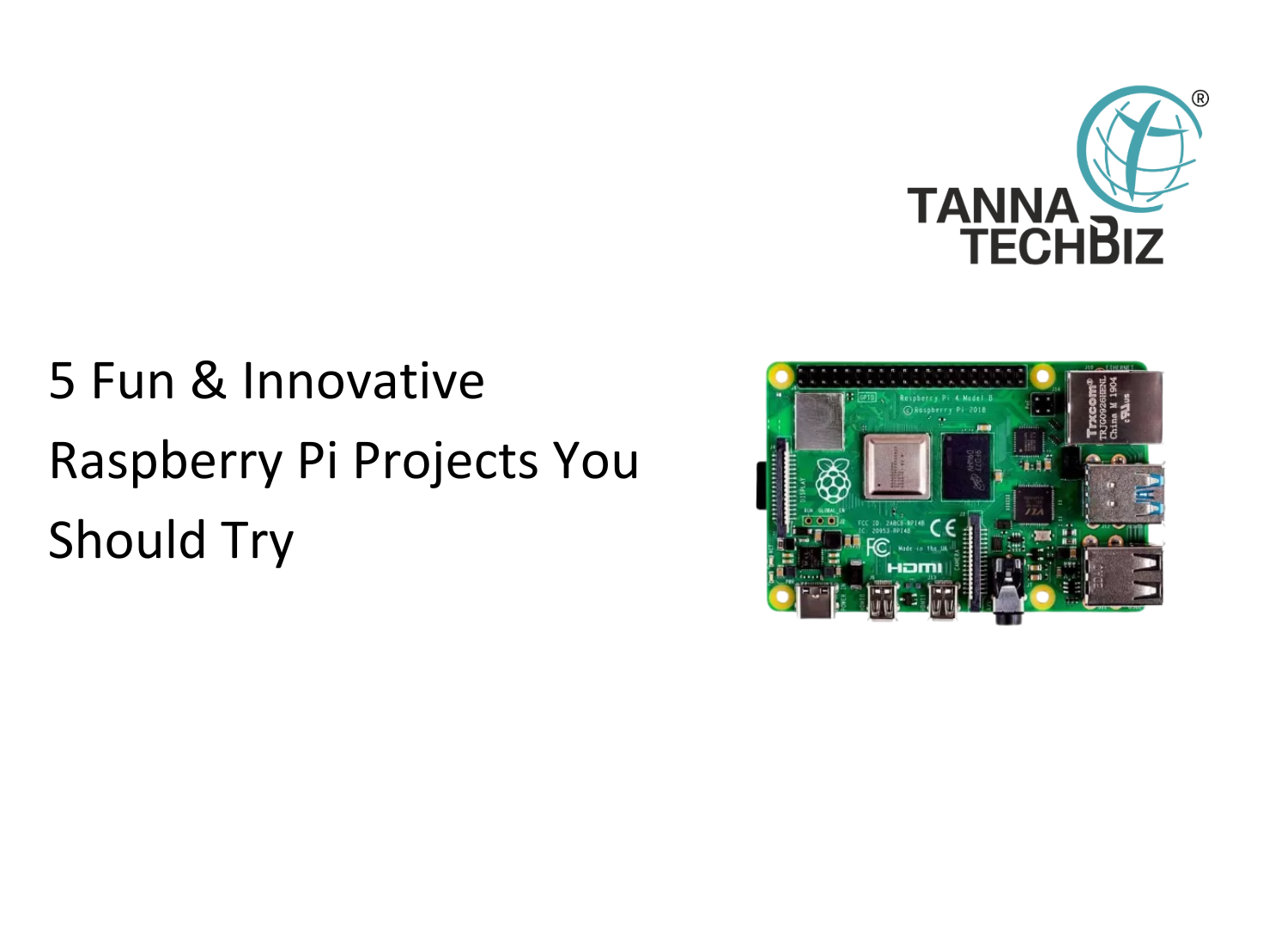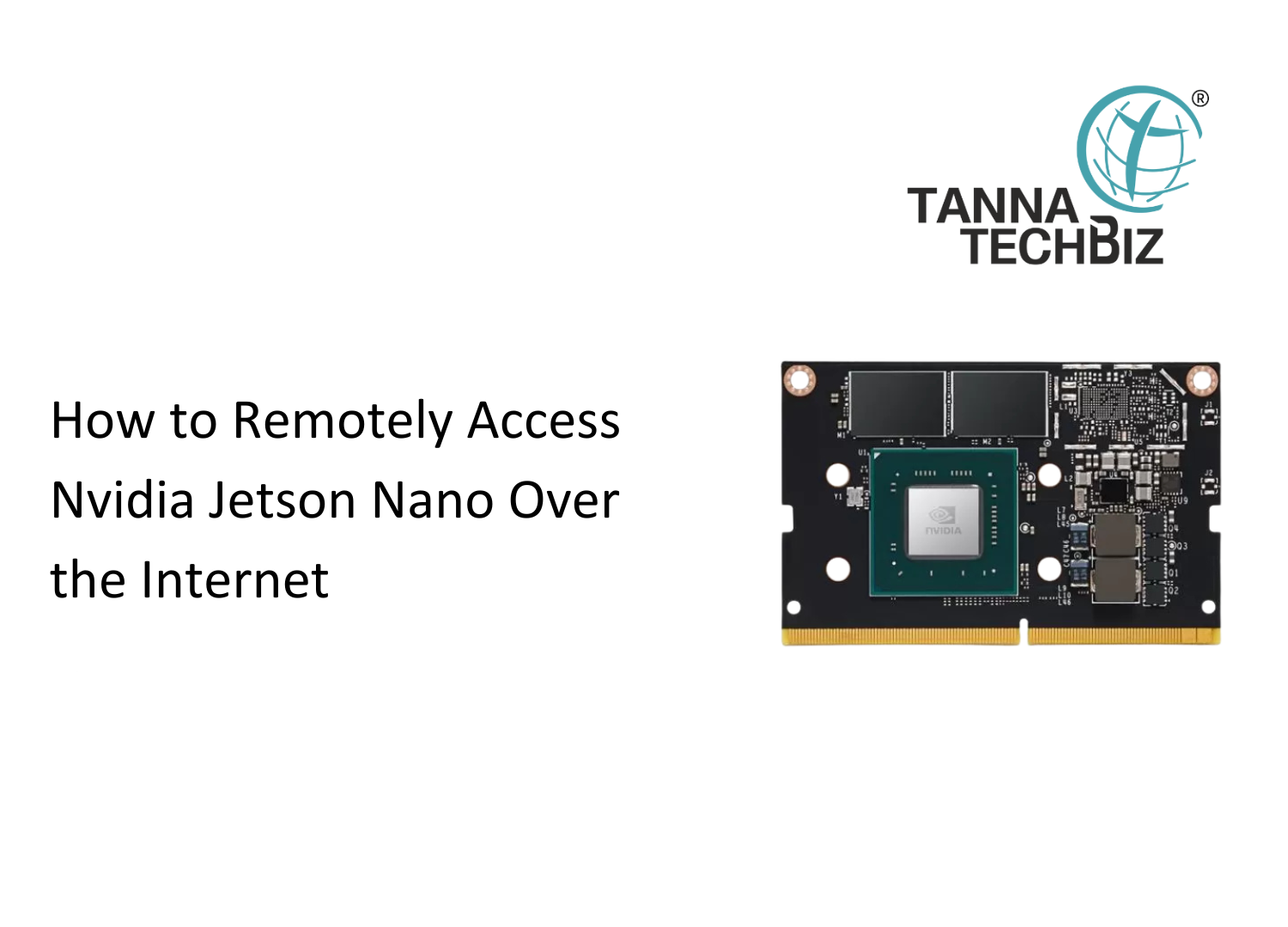Monthly Archives: April 2025
- 23 AprRead more »
How to Set Up Raspberry Pi 5 for AI Projects & Machine Learning
Raspberry Pi 5 is nothing short of a pocket-sized powerhouse. If you’ve been waiting to get started with AI and machine learning without draining your wallet, this little board is your ideal companion. It’s tiny and inexpensive and can support some serious stuff. Here’s how to install it seamlessly and get your AI experiments under way.
Step-by-Step Procedure to Configure Raspberry Pi 5
Get Your Raspberry Pi 5 Kit Up and Running
First, gather everything you'll need. The board for the Raspberry Pi 5, a good power source, a microSD card of 32GB (or bigger), and all of the usual stuff such as keyboard, mouse, and screen. When you have all of the necessities, you're good to go.
Installing the Operating System
Use the Raspberry Pi Imager software to install Raspberry Pi OS on your microSD card. This
- 18 AprRead more »
Raspberry Pi Alternatives: Top Single-Board Computers in 2025
Single-board computers (SBCs) are gaining popularity in the tech community—students and tinkerers, as well as engineers constructing high-end AI creations. Though the Raspberry Pi remains a steadfast fan favourite, the best single board computer 2025 market has introduced a slew of alternatives with greater power, finer features, and better backing. If you're about to work on a new project and want to see what lies beyond the Pi, here are some strong contenders you should give a try.
Top 5 Raspberry Pi Alternatives
Orange Pi 5: Heavy Lifting
Want top performance? The Orange Pi 5 does the trick with its Rockchip RK3588S processor and a maximum of 32GB LPDDR4 R
- 17 AprRead more »
How to Run Android on a Banana Pi Board?
Making Android run on a Banana Pi board is not as complicated as one might suppose. To have an even better experience as well as more performance, putting Android on internal storage, such as eMMC is an excellent choice. This makes your setup more efficient as well as more stable if, for example, you intend to use it for an extended period.
Step-by-Step Guide to Run Android on Banana Pi
Select Your Board and Tool
First, determine which Banana Pi device you have. That's important because all models use unique chips, and that will determine which tool to use. If it has an Allwinner chip, such as the BPI-M64 or BPI-M2 Ultra, use the PhoenixCard tool.
Go to the Banana Pi official wiki and grab the Android image corresponding to your board. Plug in a microSD card to your computer, open the PhoenixCard tool, and load
- 12 AprRead more »
Unlocking the Power of NVIDIA Jetson Nano Developer Kit for AI and Robotics
AI and robotics are progressing rapidly and the Developer Kit has ensured that nobody is left behind. If you are a developer, a student learning about AI, or a hobbyist tinkering with robotics, the NVIDIA Jetson Nano Developer Kit’s compact size is perfect for you, because it is powerful, and cost effective.
This device requires low power energy and high performance computing at the same time, which is needed for edge AI projects that do not need enormous devices or huge spending.Why the Jetson Nano Is Unique
Compact and Effective
The Jetson Nano's small form factor makes it easy to incorporate into compact robots, as well as embedded smart devices. This portability means that there is more flexibility in design without losing performance.
Robust Developer A
- 5 AprRead more »
Installing CUDA, cuDNN, and JetPack SDK on NVIDIA Jetson Devices via NVIDIA SDK Manager



